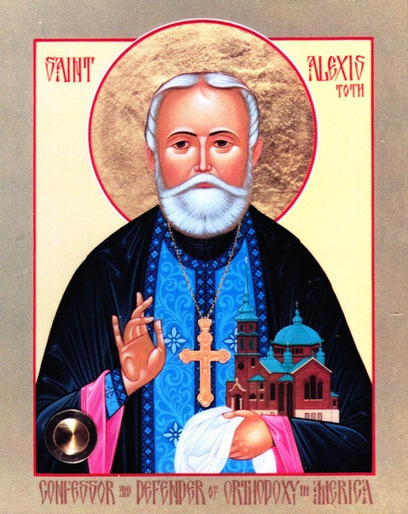Christian Counselors Must Understand the Interior Graces of the Soul and How to Discern Them
In previous blogs within our program in Christian Counseling, we have discussed Mystical Union as described by St. Teresa of Avila. Mystical Union is the pinnacle of temporal achievement on this earth. I say achievement only in the sense of what one should strive for in this temporal realm because ultimately Mystical Union is a gift and cannot be earned. Prior to Mystical Union exists a variety of spiritual graces and gifts that are given to the soul as it progresses towards this union with God. Unfortunately, many of these gifts at times are hard to discern because of our own fallen nature. Hence, the interior life of the soul and its many engagements with God can be a confusing to someone without guidance. and those enrolled in a program in Christian Counseling need to be aware of the interior life of the soul and the many flowers that our Lord can send to the faithful from heaven.
What are Locutions
Locutions are visions from heaven. Christian Counselors may experience themselves or counsel others who have received them. The early stages of discernment can be very difficult because the evil one can appear as an angel of light. Hence great care and prayer must be undertaken when analyzing such visions. Furthermore, some people are subject to states of dementia and may need psychological help. St. Teresa and St. John of the Cross all give detailed accounts on these types of visions. Another excellent source is Reginald Garrigou-Lagrange’s classic, “The Three Ages of the Interior Life“.
Assuming the locutions are from God, we will continue in the types of locutions which God can graciously give his children. The first type is a corporal vision in which our senses indeed partake in the vision. These are found throughout Scripture and in the life of the saints. Sometimes, one only hears the supernatural words transferred by the angels. St. Luke records this in his Gospel when the angel spoke to Zachary.
Different from corporal visions are imaginary visions and words. These graces from God are felt by the spiritual faculties of our soul alone. They can happen when one is awake or asleep or in meditation. While physically unheard, they remain perfectly distinct and stem not from our own will or imagination but from an external source. They are also engraved upon the soul and can be recollected through meditation and prayer. If someone is experiencing Imaginary words, it is good for Christian Counselors to judge the fruits of the words and how the words effect the peace of the soul. If from God, only good fruits and peace will follow, while if from Satan, only evil fruits and distress.
A third type of locution or blessing from God is Intellectual words. These words are communicated in the interior of the soul. Many of these ideas are infused upon the soul and become graven into it. According to St. John of the Cross, there are three types of intellectual words. The first is Successive intellectual words. These words come during recollection and are from the Holy Spirit. Unfortunately, the person can at times deviate from the divine source and begin to subconsciously insert his own ideas or become manipulated by the devil. St. John of the Cross assures us if successive words come from God then they will only produce in the soul good fruits such as charity and humility. However, due to the confusing nature, he recommends that people do not pray for them. The second type of intellectual word is Formal intellectual words. They are referred to as formal because the soul knows they stem not from its own faculties but from another external source. These experiences are so fast and quick they are free from illusion since understanding cannot determine where they came from. However, while the initial spark illuminates the soul, the devil can distort the true meaning within the imagination of the person. For these reasons, St. John of the Cross recommends that we only take what is sure and the rest hold within until outside counsel guides us.
The most secure form of intellectual words are Substantial intellectual words. These words change the soul. St. John of the Cross uses various examples of a soul becoming good at the command of the Lord, or being filled with love in another command. In the Old Testament, he uses Abraham as an example when the Lord told Abraham to walk before him and be perfect.
God Can Also Shower Us With Divine Touch
A divine touch is a favor that usually accompanies divine contemplation. It sparks in the soul a deep spiritual arousal of love and charity for God or neighbor. Some can be so deep that they can imprint themselves upon the soul. St. John of the Cross cautions one not to seek these sweet favors but to be passively accept them in humility for them. If one seeks them, then they can fall victim to the traps of the evil one. Essentially these divine sparks from God are unique to each person and meant for a person’s personal sanctification.
These favors from God however should not be confused with true Mystical Union. Mystical Union is a state of prolonged contemplation and union while these spiritual favors from heaven are mere instances of God’s grace and love towards us. Ultimately and most importantly one must understand that these are favors that God grants according to his will and not our own. They cannot be earned or mystically attained via meditation. Meditation merely prepares the soul for the possibility of such spiritual encounters that are solely willed by the Father.
If you are interested in learning more about Christian theology or Christian counseling, please review the program in Christian Counseling. After completion of the program in Christian Counseling, one can apply for certification.
Mark Moran, MA

